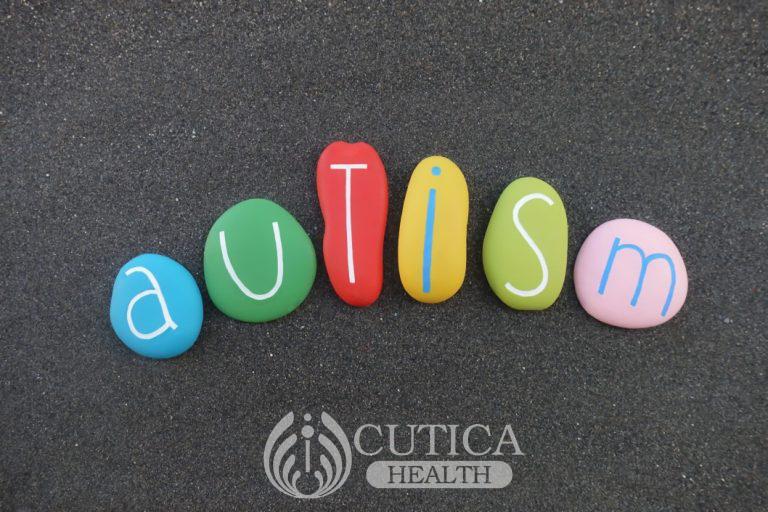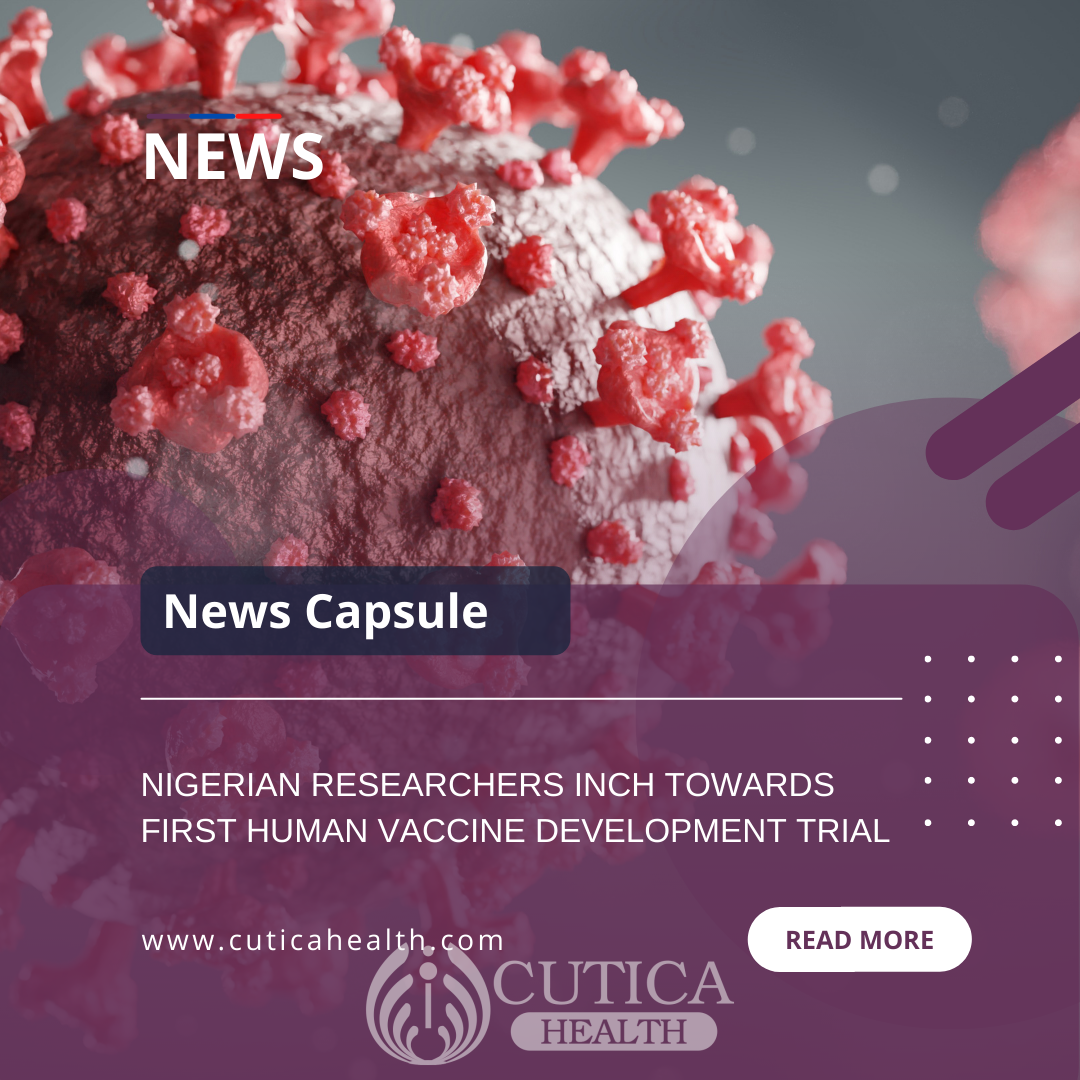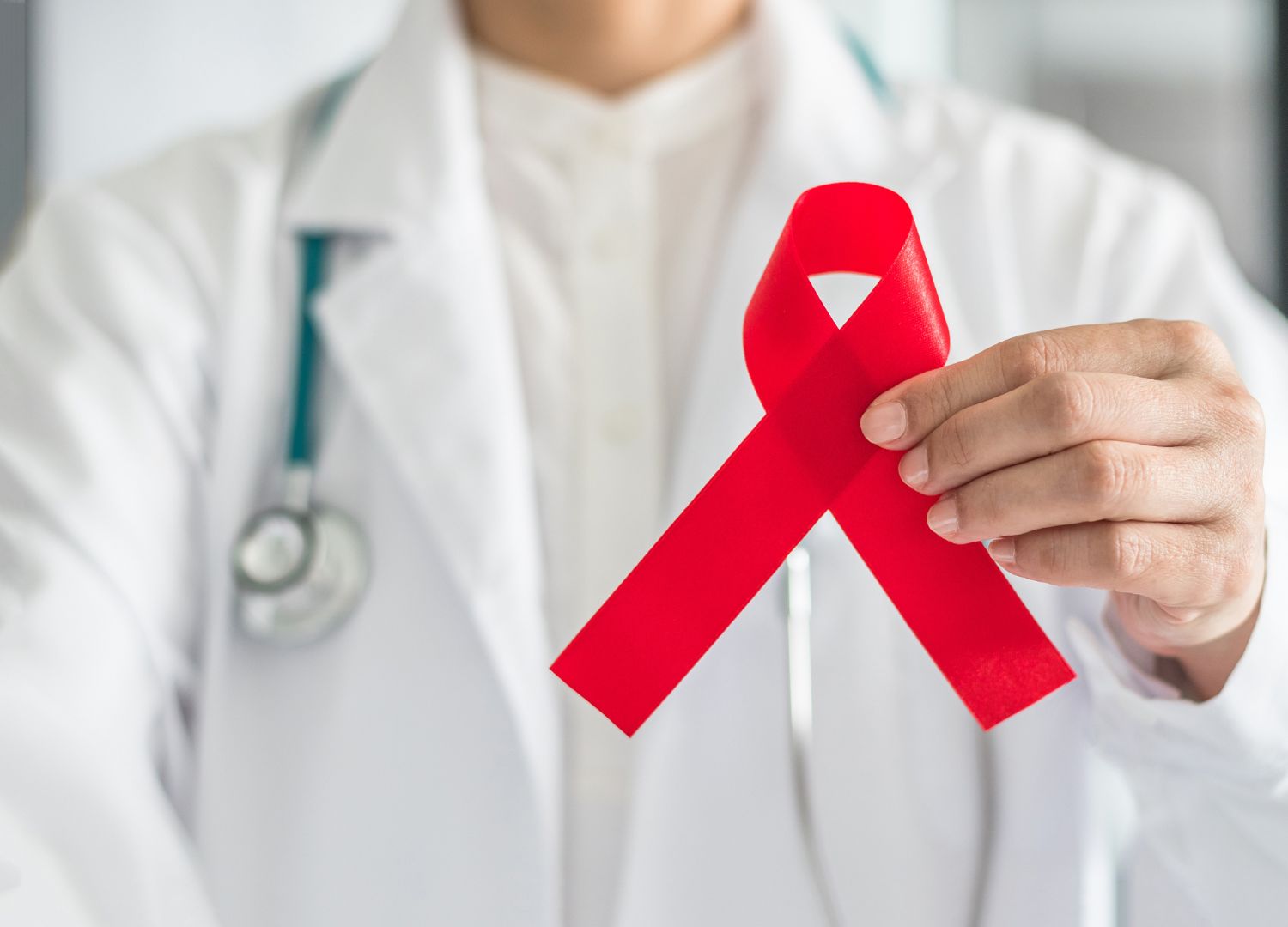
childhood and can be diagnosed by observing and assessing for these suggestive physical symptoms and confirming with laboratory investigations such as polysomnography, EEG, and brain imaging. So, there may be a delay in confirming that a child is autistic. However, new research has identified a substance that can give a clue to this diagnosis much earlier in a child’s life.
The study done by a team of researchers at the Stanford School of Medicine found that babies with lower levels of a hormone called vasopressin during infancy in the brain’s fluid called cerebrospinal fluid (CSF) were more likely to be autistic than those who had normal or high levels of the hormone.
According to the lead study author, Ozge Oztan, PhD, a Stanford research scientist in psychiatry and behavioral sciences, having low levels of this hormone – which is useful for regulating the amount of water in the body based on the body’s needs and external factors such as temperature and humidity – may mean that the baby isn’t processing and responding appropriately to external stimuli, which is the primary psychological issue in Autism.
Although further studies are needed to better understand the link between the CSF levels of this hormone and autism, this gives hope into early diagnosis of autism, ensuring that children commence treatment much earlier in their lives for better outcomes.
Read original article at http://med.stanford.edu/news/all-news/2020/04/potential-autism-biomarker-found-in-babies.html












